Do’s and Don’ts for Efficient Boiler Operations On Ships
Marine boiler is one of the most easy-to-operate systems on board ships. Though most of the mariners will agree to this, they also know that it’s a complex machinery which requires highest standards of safety precautions and correct operating procedures.
Read 10 boiler operating mistakes on ships here.
Accidents on board ships involving marine boiler has caused severe damage to the property and even claimed human lives in the past. Mariners know the dangers of high temperature steam and therefore do not take any chances when it comes to operation and maintenance of boilers.
According to an analysis, one of the main reasons behind accidents are improper operating procedures and overriding safety precautions while operating boilers. The main concern of any ship engineer is to operate all engine room machinery and systems to achieve maximum efficiency without hampering it’s operating life and safety measure.
Read 6 practical tips to improve boiler efficiency.
When it comes to marine boilers, the steam demand is the main criteria of operating a boiler at a given load. It is therefore important not to over-stress the boiler to achieve the desired output. Also it is necessary to ensure that the boiler is operated within all safety limits.
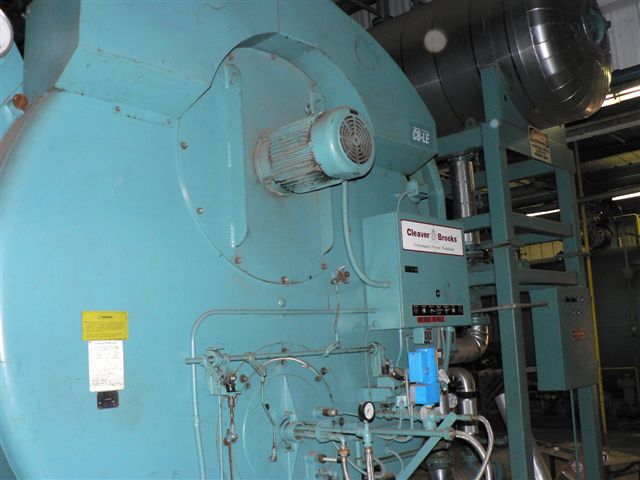
Below are some of the important Do’s and Don’ts which a marine engineers must consider while operating a marine boiler in a safe and efficient manner:
Do’s:
1. Operating Procedure: Follow the correct operating procedure when lighting up the boiler from the cold condition. Ensure to pre and post purge every firing and also make sure that the air vent is kept open while initially firing and shutting down the boiler.
Operating procedures for Boiler.
2. Blow Down: A regular gauge glass blow down (once every watch) is a must. Boiler blow down is to be performed once a day to keep the chloride level to minimum. If floating impurities are suspected (oil, foaming etc.) scum blow down is to be carried out.
3. Soot Blow: Perform a soot blow for the boiler tube to continue the heat exchanging ability of the boiler tubes.
Do Soot Blowing to prevent fires.
4. Smoke: Check the smoke from the boiler trunk coming out of the ship’s funnel on every watch to gauge the combustion quality.
5. Lubricate: All the boiler mechanical parts and links to be lubricated and greased at regular interval of time.
6. Emergency Shut Down: Ensure to check emergency shut down of the boiler, which is located in the ECR, is working. This is to be tested as per the safety routine described in the company Safety management System (SMS).
7. Valves and Dampers: Ensure all the fuel line valves, steam valves and safety valves are working fine. Check the quick closing valves and safety valves for their correct operation.
8. Attend Leakage: Steam system is prone to leakages because of their fluctuating steam pressure. Attend all the leakages at the earliest to maintain the efficiency of the boiler at all times.
9. Check Furnace: Keep a check on the furnace for refractory deterioration and fuel dripping near the burner assembly. Any defect to be attended at the earliest.
10. FFA for Boiler: Boiler is a high pressure machinery with its own set of prescribed fire fighting equipment. Check the functioning of local fire extinguisher (foam type) and High pressure jet fog system. Drill to be carried out regularly to train the crew for fighting the boiler fire.

Don’ts:
1. Untrained Operator: Never leave a boiler operation at the hand of an assistant engineer or untrained operator, especially when lighting up the boiler from the cold condition.
2. Blow Down: Never do excess blow down as the feed water system will add cold water in the boiler drum to compensate which will lead to decrease in the thermal efficiency and stresses in the boiler.
3. Soot blow: Never Operate a soot blow system when the boiler is operating at high load.
4. Unusual Observation: Don’t avoid any unusual observation in the boiler whether it’s sound, smoke, flame quality or other boiler parameters. Always rectify abnormalities related to boiler at the earliest.
5. Overload: Never operate the boiler at higher load as a regular practice. Boiler can be overloaded sometimes due to load demand but regular overloading will lead to high stresses and tube failure.
6. Feed water: Never include sea water in any circumstances. If the hot well is filled with sea water (due to heavy leakage in the condenser), shut down the plant and rectify the problem.
7. Leaking Tubes: Don’t Operate the boiler when any water tube is leaking. Rectify the leakage at the earliest.
8. Water Level: Don’t trust the water level indicator located at remote position i.e. in the control room. Keep a check through local gauge glass to get the clear picture. Read Science behind boiler water circulation.
9. Furnace Door: Don’t keep the boiler furnace door open unnecessarily. If it is opened for burner cleaning or furnace inspection, close the door if the equipment is unattended or once the job is over.
10. Periodic maintenance: Don’t skip the periodic maintenance of boiler and boiler auxiliaries as it will decrease the efficiency of the boiler over a period of time.
The above mentioned Do’s and Don’ts provide a general overview to ensure that boiler efficiency is maintained while the safety aspect is kept intact.
Related Reading:
Over to you..
Do you know any important point that can be added to this list of do’s and don’ts of marine boiler?
Do you have info to share with us ? Suggest a correction

About Author
An ardent sailor and a techie, Anish Wankhede has voyaged on a number of ships as a marine engineer officer. He loves multitasking, networking, and troubleshooting. He is the one behind the unique creativity and aesthetics at Marine Insight.
Latest Marine Technology Articles You Would Like:
Related Posts
- Blow-Down Procedure for Marine Boilers
- 6 Practical Tips On Improving Boiler Efficiency for Professional Marine Engineers
- What To Do During Marine Auxiliary Boiler’s Flame Failure or Fuel Pump Tripping?
- Boiler Starting Failure – Troubleshooting
- Understanding Boiler Feed Water Contamination
- Understanding Boiler Refractory And Its Types
Subscribe To Our Newsletters
By subscribing, you agree to our Privacy Policy and may receive occasional deal communications; you can unsubscribe anytime.



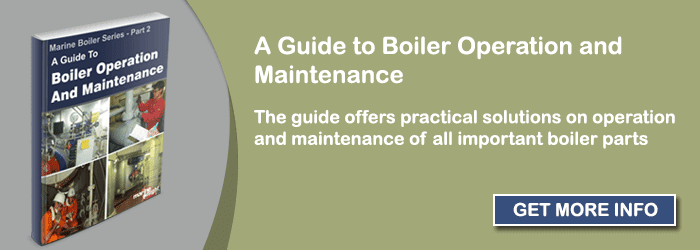
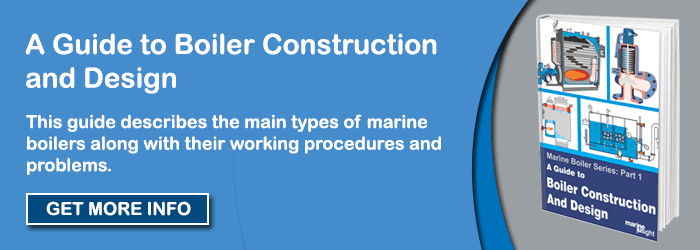
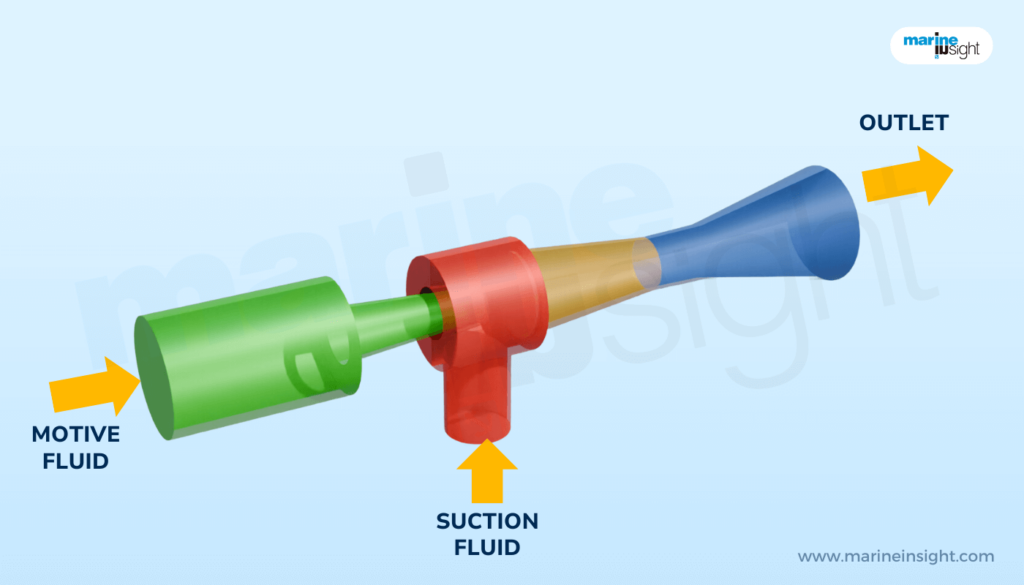
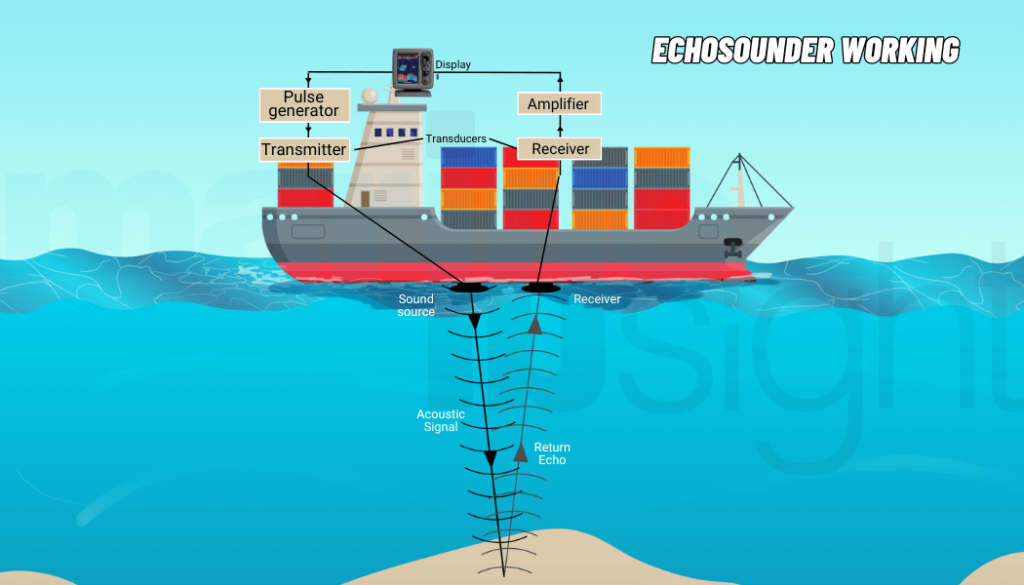
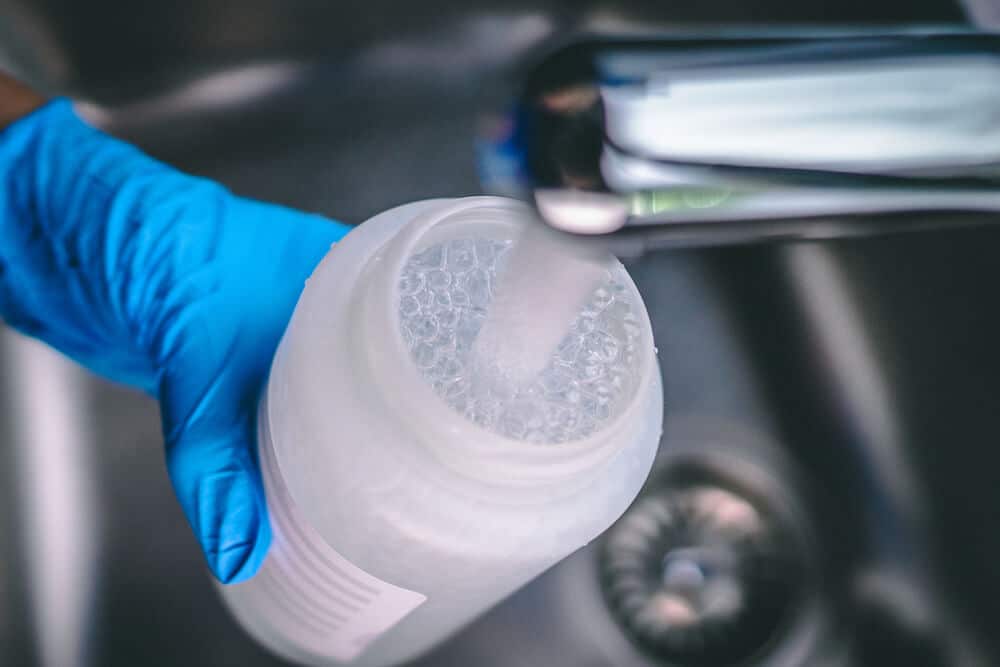
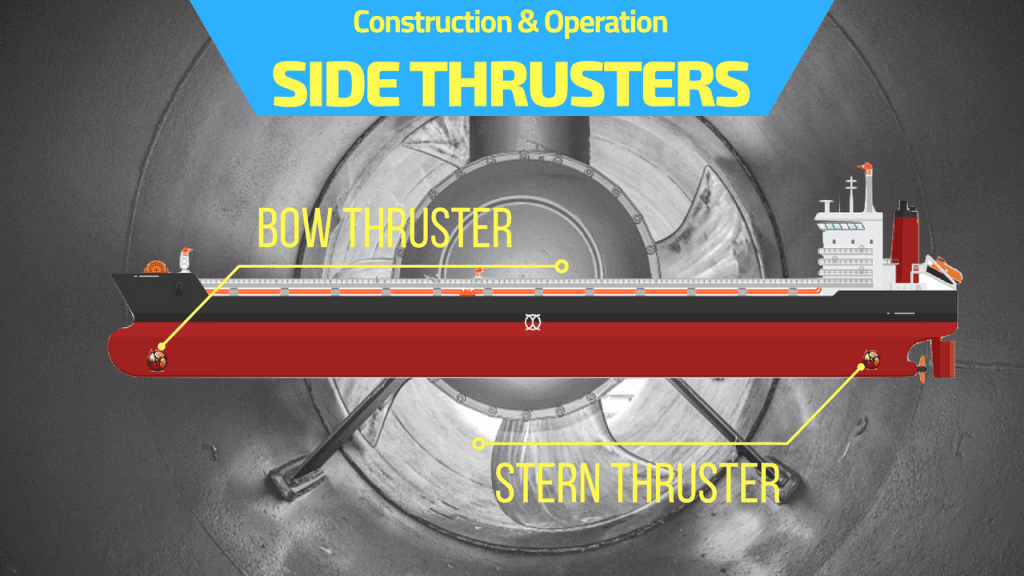

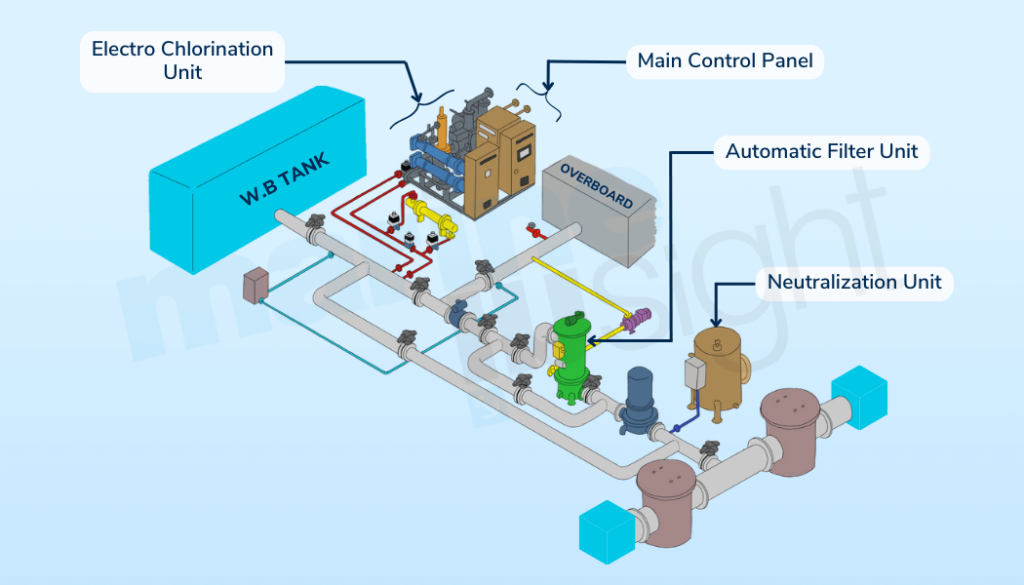

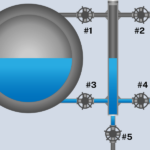
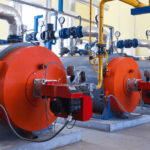
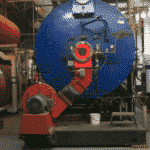
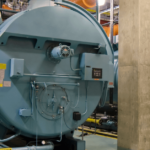
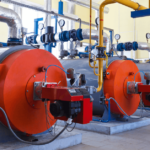
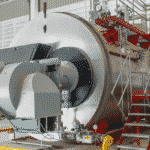
This is a well drafted piece of work. Very neatly described the Do’s and Don’ts of safe boiler operation. Well done Anish.
Chief Engineer Robert William.
Why do we prefer steam instead of water to operate the turbine?